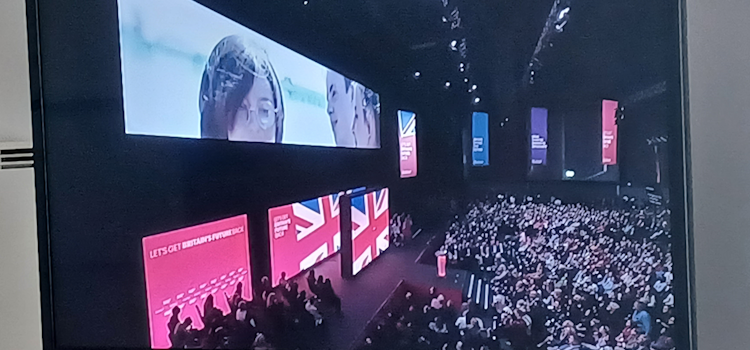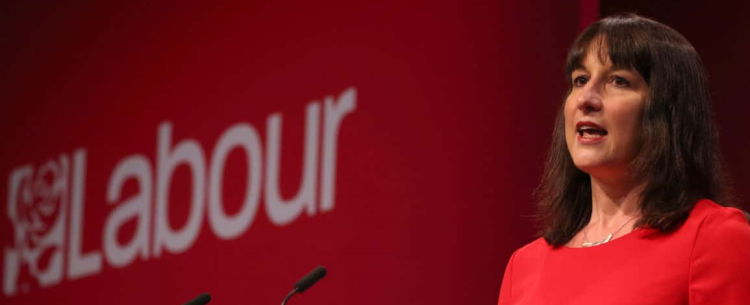I wrote about the possibility of a youth mobility proposal from the EU; I’d say it’s now dead and that may be what the Commission was trying to achieve, to stop the UK cherry picking, stop us levying the NHS fee and high [unreasonable] visa fees, although the Commission may not give up. The bad news is that it has enabled those that oppose freedom of movement to reinforce their arguments.
During the discussion I was pointed at the FT’s comments on David Lammy’s Foreign Affairs article extolling “Progressive Realism (in foreign affairs)”. On the EU, it is my view that Labour will seek to use enhanced security co-operation to further their cakeist approach to the single market. The FT article on Lammy’s speech https://www.ft.com/content/7a8484d5-3348-4df6-810f-81c1b53dd4ad?shareType=nongift makes it clear that using our military budget as a negotiating tool for single marker opt-outs will not be easy and everyone in the UK is ignoring the fact that justice co-operation requires a common basic law and that the majority of the UK’s recent case losses at the ECtHR have been on issues of justice. Lammy also repeated/published his views in a Guardian piece. Lammy in his article, and in his speech to Labour Party conference 23 has articulated the need the greater cooperation with both the European Union and its member states. He always adds the mantra of the new red lines, but he clearly sees and speaks for the need for greater cooperation over a range of issues.
I have also been pointed at Martin Kettle, in an article, “Starmer can’t dodge the Europe question for ever. In office, the economy will answer it for him”. He reckons, it’ll be Reeves who’ll break first, I don’t agree. She’s remarkably stubborn and well trained by the high priests of QMT in the Bank & Treasury. I wonder if it might be Lammy. While I gave up trying to read the tea leaves from the speeches of Labour’s front bench, Lammy’s speeches read as if he may want to do something else but adds the red lines because he has too. …






